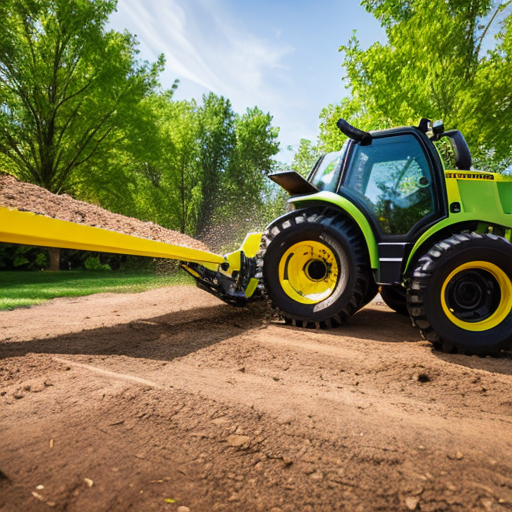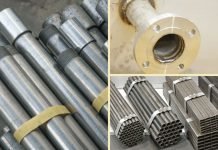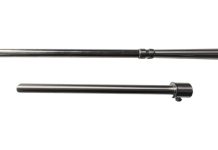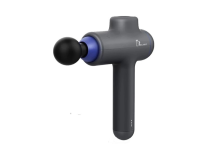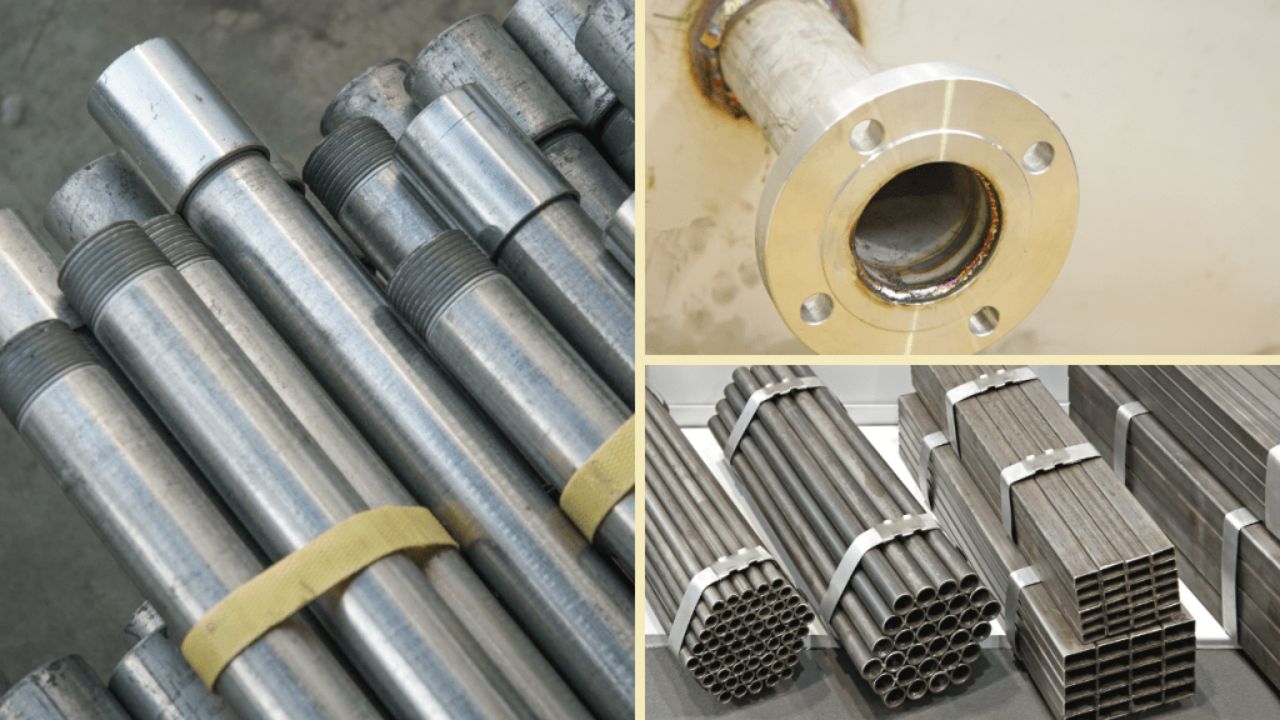Mulcher teeth and flail mower hammer blades are vital components of mulching equipment used in various industries, such as agriculture, forestry, and landscaping. These cutting tools play a crucial role in efficiently reducing vegetation into smaller pieces. When it comes to selecting the right mulcher teeth and flail mower hammer blades, considering the materials used and their performance characteristics is essential. In this article, we will conduct a comparative analysis of different materials and their impact on the performance of mulcher teeth and flail mower hammer blades. Click to visit to learn more!
Materials Used:
Mulcher teeth and flail mower hammer blades are typically manufactured using various materials, including:
a. High-Carbon Steel: High-carbon steel is known for its durability, hardness, and resistance to wear. It is commonly used in mulcher teeth and hammer blades for heavy-duty applications.
b. Carbide Tipped: Carbide-tipped mulcher teeth and hammer blades offer exceptional hardness and cutting performance. The carbide tips provide enhanced resistance to abrasion and extend the lifespan of the cutting edges.
c. Forged Steel: Forged steel is renowned for its strength and toughness. It is a popular choice for mulcher teeth and hammer blades that require high impact resistance and durability.
Performance Comparison:
Now, let’s compare the performance characteristics of mulcher teeth and flail mower hammer blades made from different materials:
a. Cutting Efficiency: Mulcher teeth and hammer blades made from high-carbon steel and carbide-tipped materials exhibit excellent cutting efficiency. They can easily handle dense vegetation and deliver precise cutting results.
b. Wear Resistance: Carbide-tipped mulcher teeth and hammer blades offer superior wear resistance due to the hardness of the carbide tips. They can withstand prolonged use in abrasive environments without significant loss of cutting performance.
c. Impact Resistance: Forged steel mulcher teeth and hammer blades excel in impact resistance. They can withstand heavy impact and resist breakage, making them ideal for demanding applications.
d. Maintenance: Mulcher teeth and hammer blades made from high-carbon steel and forged steel require regular maintenance, including sharpening or replacement, to maintain optimal cutting performance. Carbide-tipped tools, on the other hand, require less frequent maintenance due to their extended lifespan.
Considerations for Material Selection:
When choosing between different materials for mulcher teeth and flail mower hammer blades, consider the following factors:
a. Application: Assess the type of vegetation and the intensity of use. For heavy-duty applications or challenging terrain, forged steel or carbide-tipped options may be more suitable.
b. Budget: Consider your budget constraints. Carbide-tipped mulcher teeth and hammer blades are often more expensive upfront but may offer longer-lasting performance and reduced maintenance costs over time.
c. Specific Needs: Evaluate the specific requirements of your mulching operations. If you prioritize wear resistance, carbide-tipped tools are a viable option. If impact resistance is crucial, consider forged steel alternatives.
Conclusion:
Choosing the right material for mulcher teeth and flail mower hammer blades is essential for achieving optimal performance and durability. High-carbon steel, carbide-tipped, and forged steel are common materials used in these cutting tools, each with its advantages. Consider the specific application, budget, and desired performance characteristics when making your selection. By conducting a comparative analysis of materials and understanding their performance attributes, you can make an informed decision and ensure efficient and reliable mulching operations.

